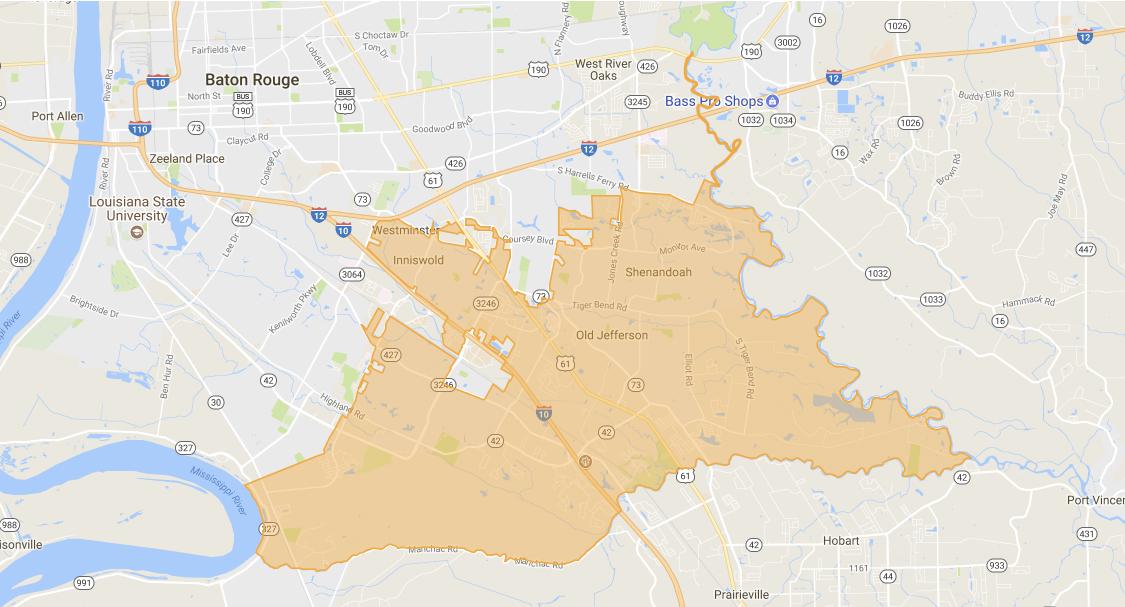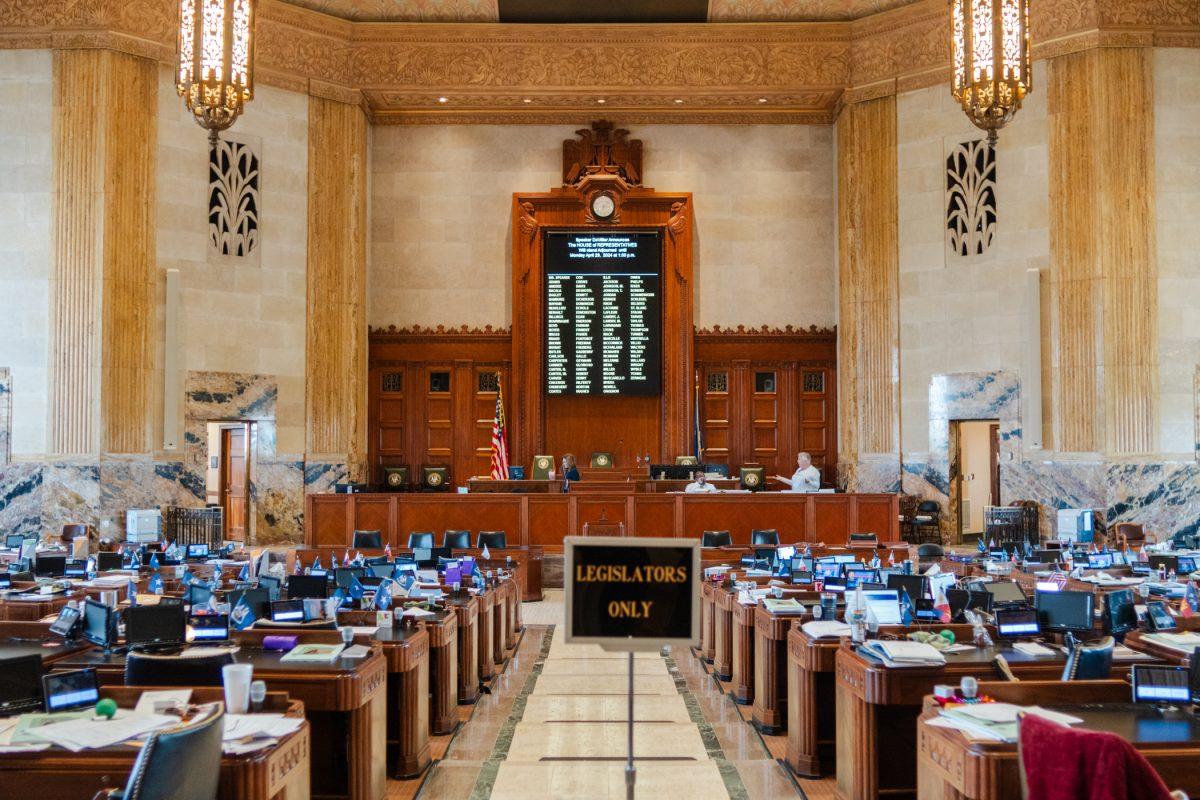Republicans saw a chance to take back power in several state legislatures Tuesday, while Democrats hoped voter enthusiasm for the White House would boost their chances to pick up seats.
In more than a dozen state legislatures, the balance of control was so close that one-party domination was at stake, and with it greater power to shape domestic policy and draw congressional districts. Overall, 44 states voted on state lawmakers.
The biggest prize may be New York, where Democrats are two seats away from taking power in the Senate. They already control the Assembly and the governor’s office, giving them a chance to dominate the entire state — something Democrats haven’t done since 1935.
Republicans were counting on local issues that drive these races to overcome what polls indicated was a tough year for the GOP nationally. Democrats were hopeful that vigorous voter registration efforts and excitement over Barack Obama’s presidential run would benefit their legislative candidates.
Going into the election, Democrats held their strongest majority in more than a decade, controlling the legislatures in 23 states, while Republicans dominate in 14. Twelve states were split, and Nebraska is nonpartisan. Overall, Democrats held nearly 55 percent of all legislative seats.
Republicans saw chances in Pennsylvania, Indiana and Oklahoma. Democrats eyed Montana, Nevada and Wisconsin. Other contested chambers were in Arizona, Delaware, Ohio and even Texas, the conservative state that gave the nation President George W. Bush, where Democrats saw a chance to win back the House.
Winning a majority in a House or Senate chamber not only gives a political party greater say over policies in their state and the shape of congressional districts, it also supercharges a party’s opportunities, leaders said.
“Who wants to come down and sit in the minority?” said Iowa state Sen. Michael Gronstal, who leads the state’s Democratic majority. Once Democrats won enough Senate seats to tie the GOP in 2004, “everybody in the world wanted to come down and help.” Recruitment and fundraising soared, he said. Now Democrats control the entire legislature.
In Illinois, when Democrats took control in the Senate after the 2002 elections, the majority threw a spotlight on a young state senator named Barack Obama and enabled him to pass several pieces of legislation on his way to becoming the party’s national star.
The contests drew attention and money from far beyond each state’s lines, with the Democratic Legislative Campaign Committee raising more than $6 million for legislative races alone and Republicans nationally raising nearly $20 million for all non-gubernatorial state races.
National leaders pay attention because of the impact on the shape of Congress. Whether a state gains population and congressional seats, loses them or stays the same, districts get redrawn.
This year perhaps more than most, economic worries across the country are echoing in these most-local of races.
“The primary issue is the Wall Street debacle,” said Tim Krieger, a GOP candidate for an open Pennsylvania House seat who has visited thousands of homes in his district near Pittsburgh. “They understand that leadership failed them. That’s not just government, that’s everyone. This crosses party lines.”
——Contact The Daily Reveille news staff at [email protected]
State legislative elections a nationwide contest – 1:45 p.m.
November 4, 2008






